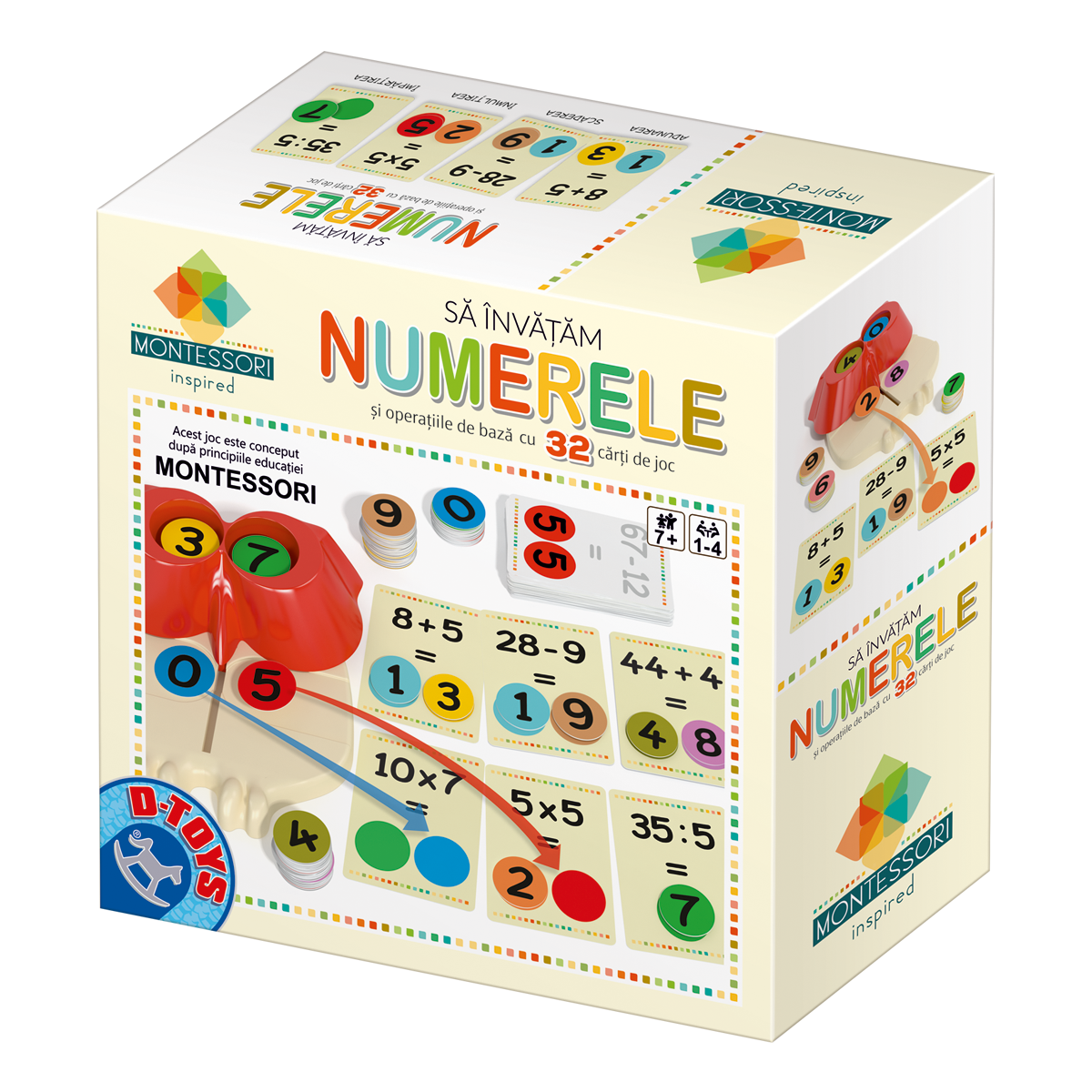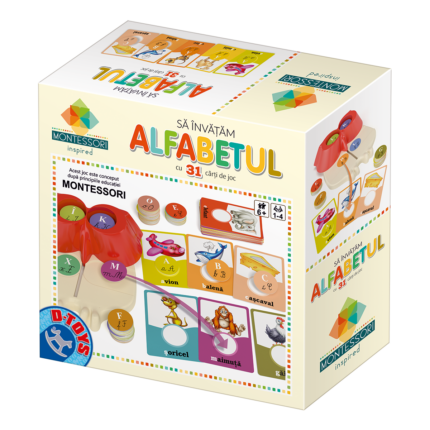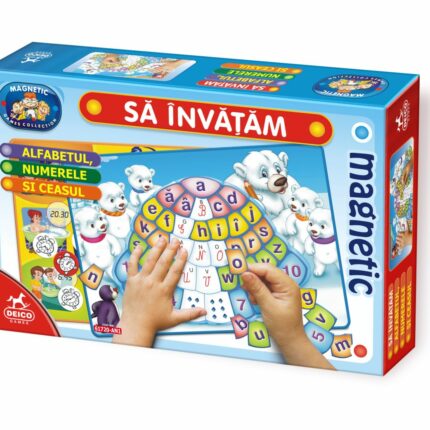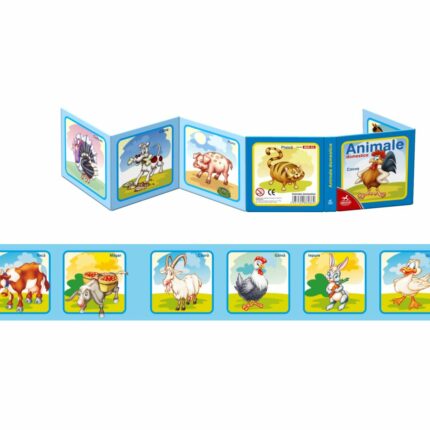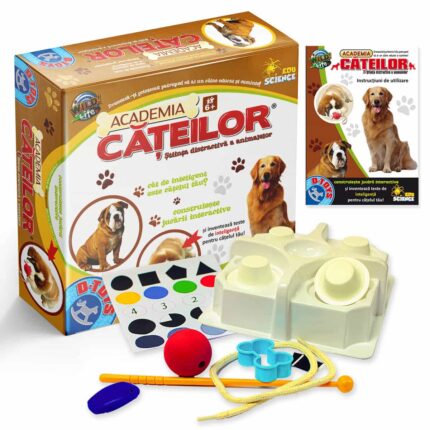Looking for an educational game to introduce your little one to maths? The Montessori game Buboo – Learning numbers and basic operations is just what you need! It’s an intuitive, practical and fun game that will help your child learn the basics of maths through play
Cute Buboo the owl has giant glasses that hold all the number chips. The glasses are pulled up and down to reveal 2 number tokens that need to be placed on the playing cards in the right place. The playing cards have addition, subtraction and simple multiplication and division written on them. In place of the result on the playing cards are coloured circles with the same colour as the matching number chips. So, even if he can’t count yet, the colour comes to the little one’s aid and he will discover the result very easily.
Isn’t maths fun and easy? Pull the owl’s eyes and find out all the results in no time!
What do you find in the Montessori educational game box – Buboo – Let’s learn numbers and basic operations?
1 cute fire owlyour little one will love it right away and will pull it a lot. But don’t worry, the owl is durable, made of quality material, resistant to long use.
56 tokens with numbers from 0 to 9, colourful and friendly to little mathematicians.
32 playing cards with various mathematical operations, the result of which the child discovers by matching the colour of the circle on the card to the colour of the token
1 regulation in which you will find the rules of the game and some suggestions for play.
Maybe you didn’t know about Montessori education..
The Montessori method is an alternative to the classical system of education and has many principles that any parent can apply in the education of their children. Firstly, the Montessori method encourages empathy, care for the environment and a lifelong joy of learning.
Every child is unique They learn at their own pace, adapt to different situations and learning styles.
Children learn to take care of themselves and others. It is very important to teach children a sense of responsibility, for themselves and for others.
Children learn in concrete ways, through their minds and bodies. For example, they use their hands to sort objects and work with them. In this way, they become more involved in the activity of learning and learn faster.
Children are encouraged to make their own decisions and respect them. In this way they become more responsible.
The children clean up after themselves. This healthy principle teaches children to respect themselves and their environment
3 benefits of educational games:
1. Develops strategic thinking and problem-solving skills
Educational games stimulate children to think quickly. Moreover, they need to use their logic to solve problems. As these skills are practised, the child develops the ability to think strategically and find solutions in all situations.
2. Develops hand-eye coordination
Educational games require them to match pieces, discover shapes, differences, etc. Most of the time, they have to use their eyesight and hand movement at the same time. This exercise helps with hand-eye coordination
3. Helps develop memory
Educational games involve memory practice activities. The child has to recognise shapes, colours, memorise certain sequences or positions in a game. In the long run, all these activities help to improve memory.
Want to introduce your child to maths? Buy the Montessori educational game – Buboo – Let’s learn numbers and basic operations and you’ll be amazed at how quickly he’ll understand the world of numbers. This Montessori game is a great gift to give to a little rascal on various festive occasions.
